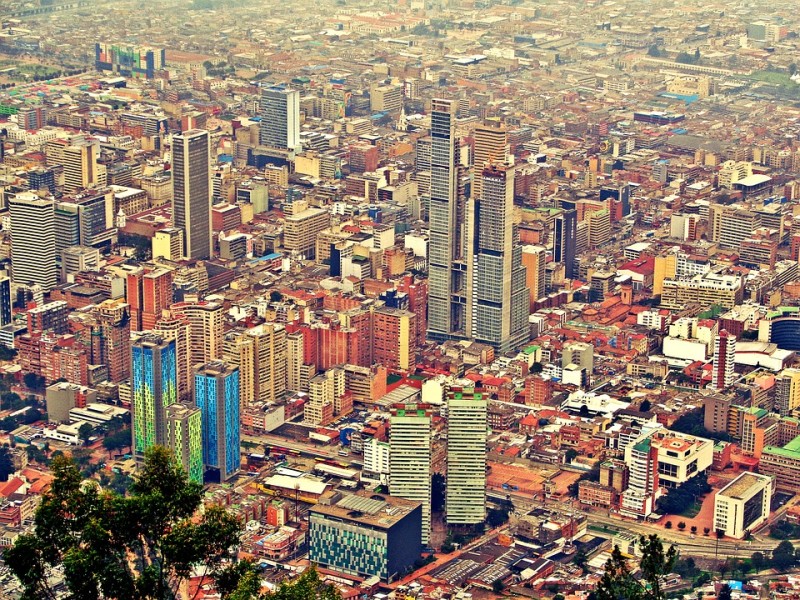The event is a joint effort between tech conglomerate IBM, the United Nations, local campaigners and university students to bring the first ever student hackathon to Bogota, Colombia on August 31.
Young engineers, computer programmers, and designers will try to create an app or website that will combat human trafficking in under 32 hours.
Participants will use IBM software databases to develop their apps, and have access to artificial intelligence software to enhance voice and facial recognition features. The apps should help identify possible victims, ease communication to authorities when victims are spotted, and prevent the distribution of child sexual abuse materials--three major challenges to authorities working to stop traffickers.
The World Labour Organization estimates that 21 million people are trafficked globally, and according to the Global Report on Trafficking in Persons, 71 percent of victims are girls and women. In Colombia alone, there are over 130,000 trafficking victims, most of whom are women and girls sold into sex slavery.
In a statement released by the UN Office on Drugs and Crime, the agency emphasized that “human traffickers are misusing new technologies...to exploit and abuse young people, who represent some of our most connected and most engaged online citizens.”
The knee-jerk reaction of some to the above is to denounce technology all together, however, the hackathon initiative shows that countering such heinous and intricate crimes requires an offensive approach.
“We have to face technology with technology and use new tools, which this hackathon aims to develop,” said Sebastian Arevalo, head of the Pasos Libres Foundation, a Colombian anti-trafficking group that is supporting the event.
The event will allow young people with advanced technological skills to engage in a social justice initiative, and demonstrate to students not involved in anti-trafficking efforts how the application of their knowledge can be used to defend human rights on a local and international level.
Winners of the hackathon will receive a contract with the UNODC to develop their app for distribution in Colombia.






